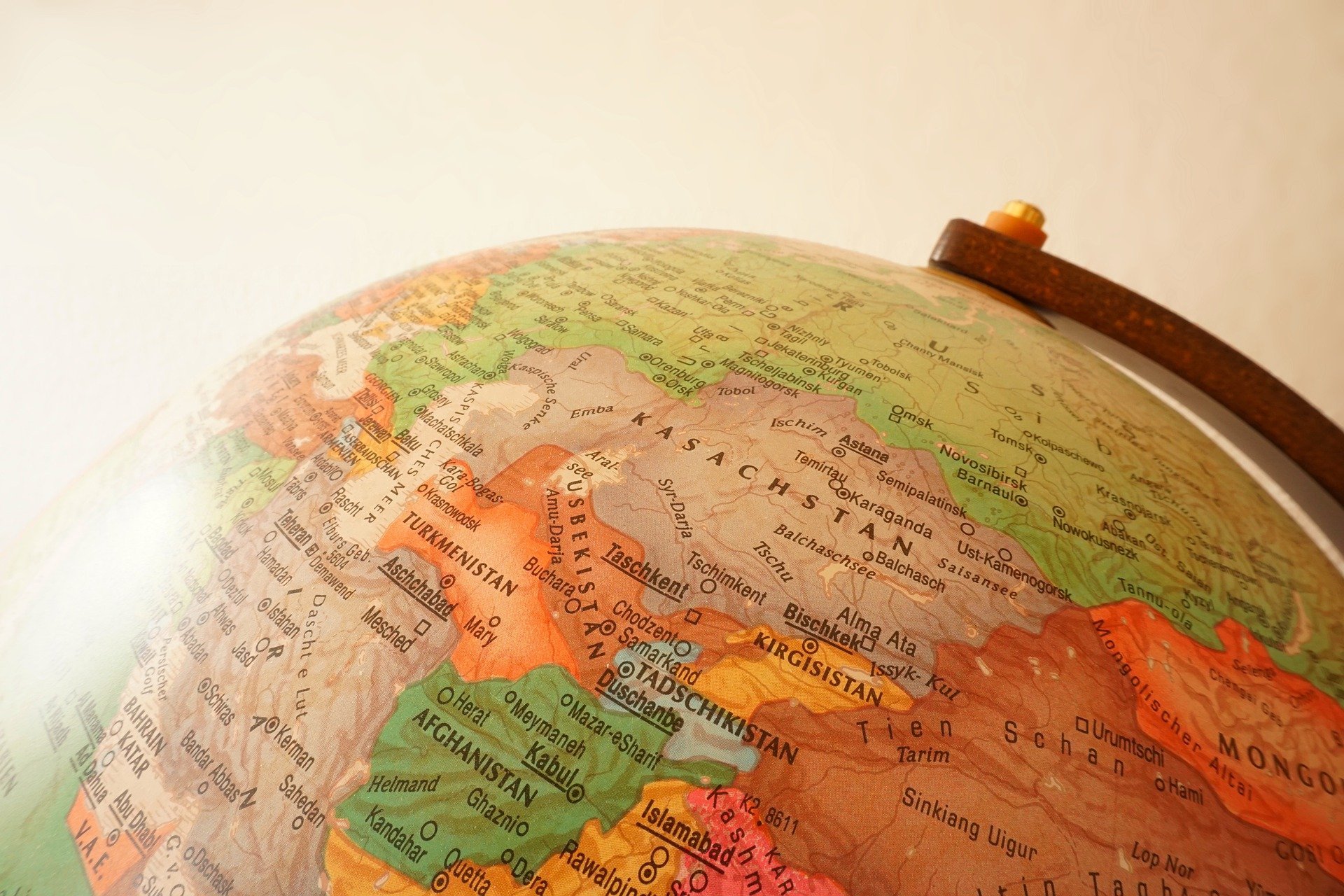mission statement
The dissolution of the Soviet Union thirty years ago was celebrated by some as the victory of democracy and the West in the Cold War. Inside the former USSR, it produced more mixed feelings. Some met it with euphoria and anticipation that the decades-long isolation from the rest of the world and limits on personal freedoms had come to an end and that democracy and civil liberties would be forthcoming in the former republics. Others celebrated the (re-) establishment of independent nation states. Yet for others, the Soviet collapse came unexpectedly and left them apprehensive and fearful of an uncertain future. The subsequent 3,000% inflation and the political turmoil of the 1990s left many nostalgic for the seemingly stable and secure Soviet times.
The International Institute for Peace, jointly with the Konrad Adenauer Foundation for Multilateral Dialogue, the Vienna Institute for International Economic Studies, and the Institute for Danube Region and Central Europe, organised a conference to look at the former Soviet states, how they have transformed in the last three decades, and whether one can still include the countries in this increasingly diverse region under the same umbrella of ‘the post-Soviet space’.
The following interviews and blogs reflect on the issues which where discussed during the conference. The views are solely those of the authors and do not necessarily represent the views of the IIP.
blogs
more to come
SHORT INTERVIEWS
Farkhod Tolipov, Director of the non-governmental education and research institution „Knowledge Caravan“.
Iulian Groza, Expert on foreign policy, European affairs and good governance & former Vice Minister of Foreign Affairs of the Republic of Moldova responsible for European Integration
Tatiana Romanova, Associate Professor at St. Petersburg State University, Russia
more to come









